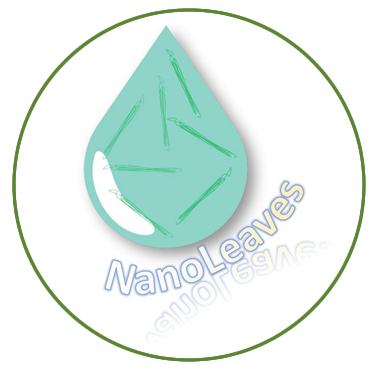
NanoLeaves Lab is a group of synthetic chemists settled at the Department of Chemistry and Industrial Chemistry of the University of Pisa. The research activity fits in the fields of Organic Chemistry and Materials Science. At NanoLeaves Lab, we develop new materials and explore their new and exciting applications in the fields of Chemistry, Technology, and Optoelectronics. We are interested in the preparation and functionalization of organic materials including biomaterials from natural sources, with an eye to nanocellulose and cellulose nanocrystals and to other biopolymers.
LATEST BLOG POST
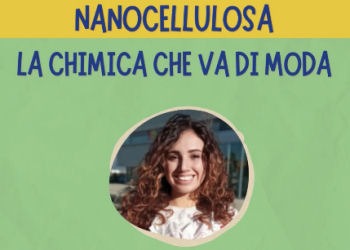 Laura Spagnuolo, PhD student at the NanoLeaves Lab of the University of Pisa, was shortlisted as finalist in the pitch elevator contest “ChimiCapisce”. She presented in Rome her research work on the synthesis of antibacterial cellulose by a holistic enzymatic approach.
Laura Spagnuolo, PhD student at the NanoLeaves Lab of the University of Pisa, was shortlisted as finalist in the pitch elevator contest “ChimiCapisce”. She presented in Rome her research work on the synthesis of antibacterial cellulose by a holistic enzymatic approach.
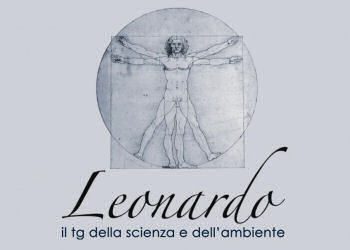 On Tuesday, February 21st the NanoLeaves Team was a guest on a scientific news program on the National TV channel RaiTre. The name of the program is TG Leonardo. The interview explains the potentialities of our research on lignin and its perspective application in organic electronics. Available at this link
On Tuesday, February 21st the NanoLeaves Team was a guest on a scientific news program on the National TV channel RaiTre. The name of the program is TG Leonardo. The interview explains the potentialities of our research on lignin and its perspective application in organic electronics. Available at this link
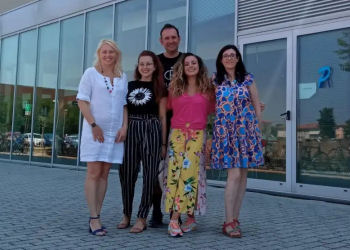 During the month of July the Department of Chemistry and Industrial Chemistry in Pisa hosts Dr. Mihai Irimia-Vladu from Johannes Kepler University of Linz as a visiting fellow. We are happy to welcome Mihai and share with him inspiring ideas and research! In this picture, all our group is with Dr. Irimia-Vladu and Dr. Jeannette J. Lucejko, assistant professor of Analytical Chemisty.
During the month of July the Department of Chemistry and Industrial Chemistry in Pisa hosts Dr. Mihai Irimia-Vladu from Johannes Kepler University of Linz as a visiting fellow. We are happy to welcome Mihai and share with him inspiring ideas and research! In this picture, all our group is with Dr. Irimia-Vladu and Dr. Jeannette J. Lucejko, assistant professor of Analytical Chemisty.
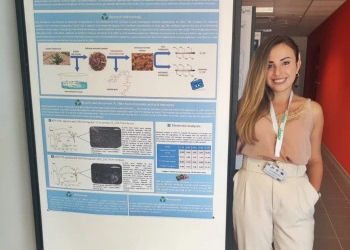 From June 29th to July 1st our Department hosted the international conference Chemistry For the Future 2022. Chemistry for the Future (CFF) is a yearly international conference on the frontiers of Chemical Research. It is organized by the Doctoral School in Chemistry and Materials Science (DSCM) and the International Office of the Dipartimento di Chimica e Chimica Industriale (DCCI) of Università di Pisa.
From June 29th to July 1st our Department hosted the international conference Chemistry For the Future 2022. Chemistry for the Future (CFF) is a yearly international conference on the frontiers of Chemical Research. It is organized by the Doctoral School in Chemistry and Materials Science (DSCM) and the International Office of the Dipartimento di Chimica e Chimica Industriale (DCCI) of Università di Pisa.
NANOLEAVES - Research Group at the Department of Chemistry of the University of Pisa
Via Giuseppe Moruzzi, 13 - 56124 Pisa, Italy
Admin LogIn/LogOut | Privacy Policy![]()



